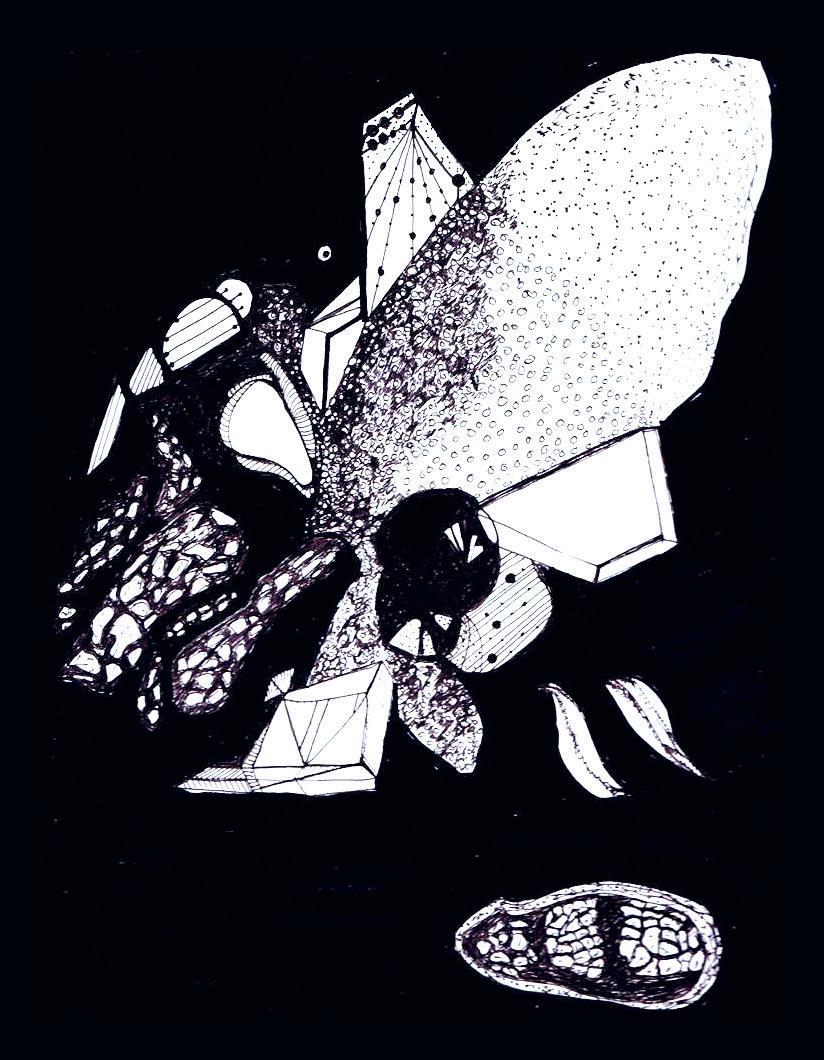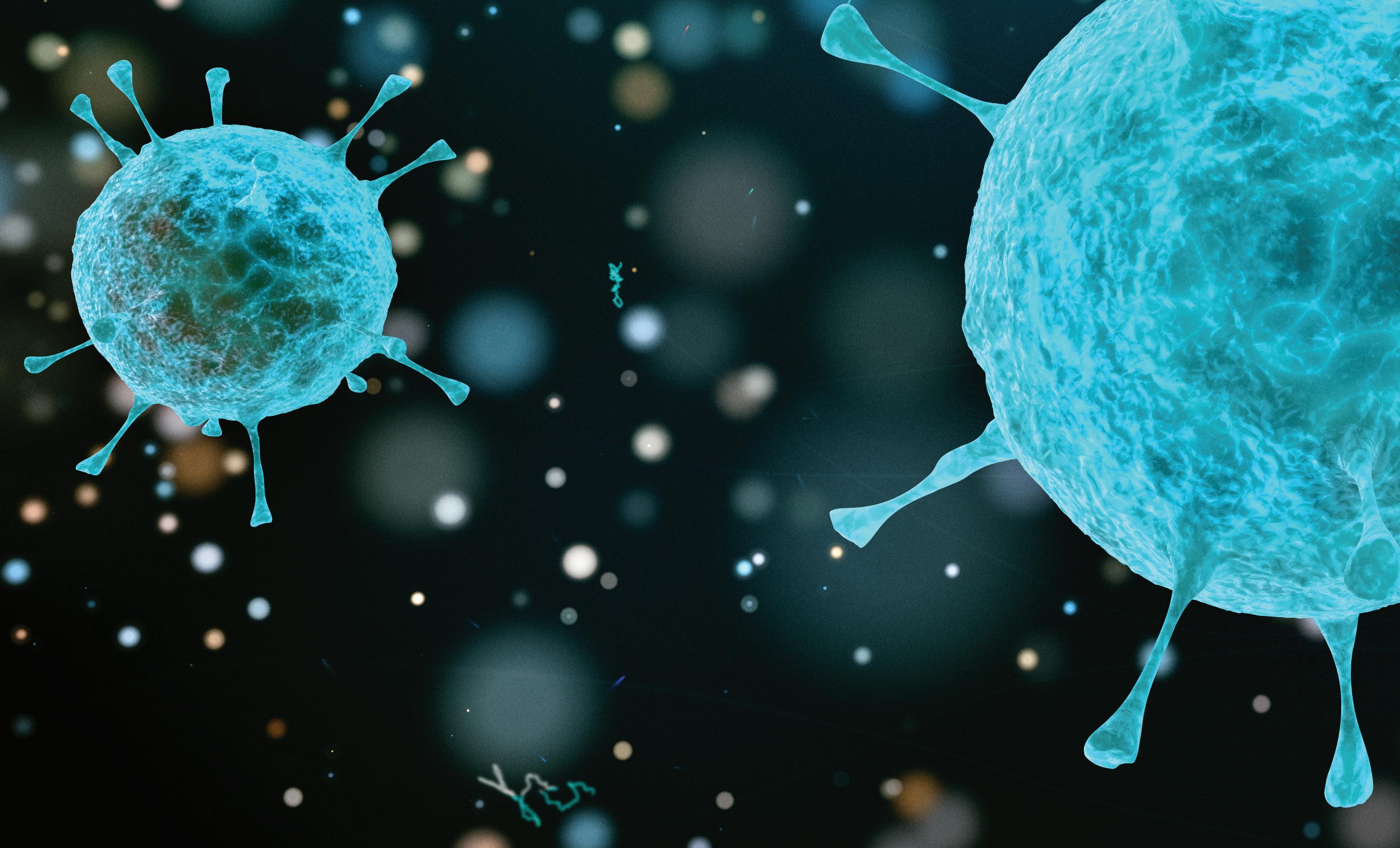[ 2 8 ]
Vitamin and mineral supplementation and the effect on the genetic component in coming generations.
by Carmen de la Rocha, PhD Over the past few decades, a culture of supplementation has arisen in order to prevent deficiencies and undernutrition. This has been demonstrated to work in a number of cases: for example, thiamine (B1 vitamin) supplementation in Asiatic countries has reduced the incidence and prevalence of beriberi [1], and in Nordic countries, vitamin D supplementation in dairy products has prevented deficiencies resulting from a lack of exposure to sunlight [2]. During pregnancy, the practice of vitamin, mineral, and omega supplementation is used worldwide, and it has been shown to prevent complications such as preeclampsia and gestational diabetes along with benefiting birth weight, cognitive development, and other indicators favorable to the offspring’s health in their extrauterine life and into adulthood [3]. Pregnant women are of particular interest, since the influence of what they ingest during this period will have an effect on two subsequent generations: the baby developing in utero, and the generation after, whose germinal cells are also exposed during this period [4]. One of the most widely-used supplements during pregnancy is folic acid (FA), due to its relation with the reduction of the rate of neural tube defects. However, this vitamin is associated with an epigenetic mark called DNA methylation, which influences gene regulation [5].















